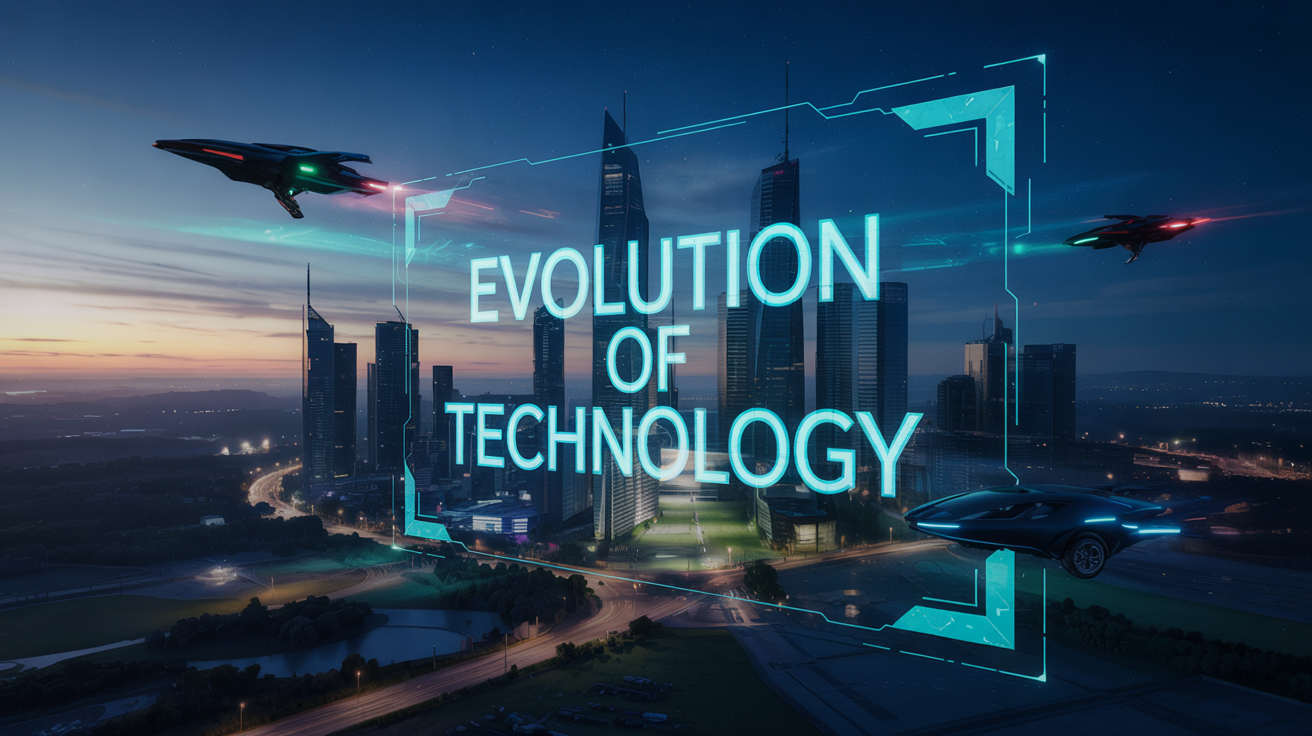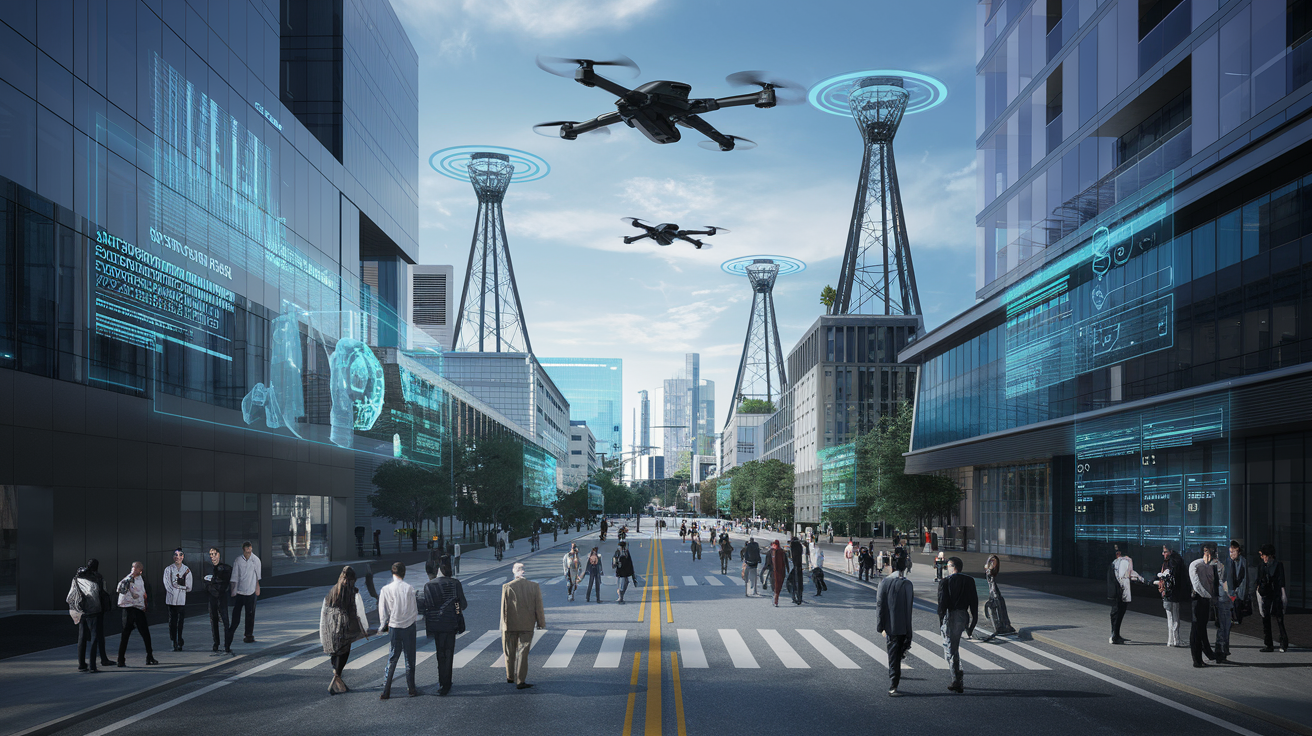Technology and innovation are evolving at an unprecedented pace, shaping the way we live, work, and interact. From artificial intelligence (AI) and blockchain to the Internet of Things (IoT) and quantum computing, emerging trends continue to revolutionize industries and drive digital transformation. In this article, we’ll explore key advancements that define the future of technology and innovation.
1. Artificial Intelligence & Machine Learning
AI and machine learning are at the forefront of technological advancement. Businesses are leveraging AI for automation, predictive analytics, and personalized experiences. The rise of AI-powered chatbots, virtual assistants, and generative AI models like ChatGPT is transforming industries from healthcare to finance.
What to Expect?
- AI will enhance decision-making with real-time data insights.
- AI-driven automation will optimize workflows, reducing operational costs.
- The ethical use of AI and bias mitigation will become a key focus.
2. Blockchain & Decentralized Technologies
Blockchain is revolutionizing digital transactions, making them more secure and transparent. Beyond cryptocurrency, blockchain technology is being integrated into supply chains, identity verification, and decentralized finance (DeFi).
Key Developments:
- Smart contracts will automate agreements without intermediaries.
- Decentralized applications (DApps) will grow across various sectors.
- Governments may adopt central bank digital currencies (CBDCs).
3. The Internet of Things (IoT) & Smart Devices
IoT continues to expand, connecting billions of devices worldwide. Smart homes, wearable health monitors, and connected cities are redefining convenience and efficiency.
What’s Next?
- IoT-powered smart cities will improve energy consumption and public services.
- Wearable tech will enhance real-time health monitoring and remote patient care.
- 5G and edge computing will make IoT devices faster and more responsive.
4. Quantum Computing: A New Frontier
Quantum computing is set to revolutionize problem-solving in ways that traditional computers cannot. Companies like Google, IBM, and startups are investing heavily in quantum research.
Potential Impacts:
- Faster drug discovery and medical breakthroughs.
- Enhanced cybersecurity with quantum encryption.
- Optimization of logistics, climate modeling, and financial predictions.
5. Augmented Reality (AR) & Virtual Reality (VR)
The metaverse, AR, and VR are redefining digital experiences. From immersive gaming to virtual collaboration, these technologies are enhancing both entertainment and professional sectors.
Future Trends:
- Businesses will integrate AR/VR for training and simulations.
- The metaverse will expand as digital real estate and NFT-based economies grow.
- AR-enhanced retail experiences will transform e-commerce.
Conclusion
The future of technology and innovation is driven by AI, blockchain, IoT, quantum computing, and immersive experiences. As digital transformation accelerates, staying ahead of these trends is crucial for businesses and individuals alike. Embracing these innovations will pave the way for a smarter, more connected world.





